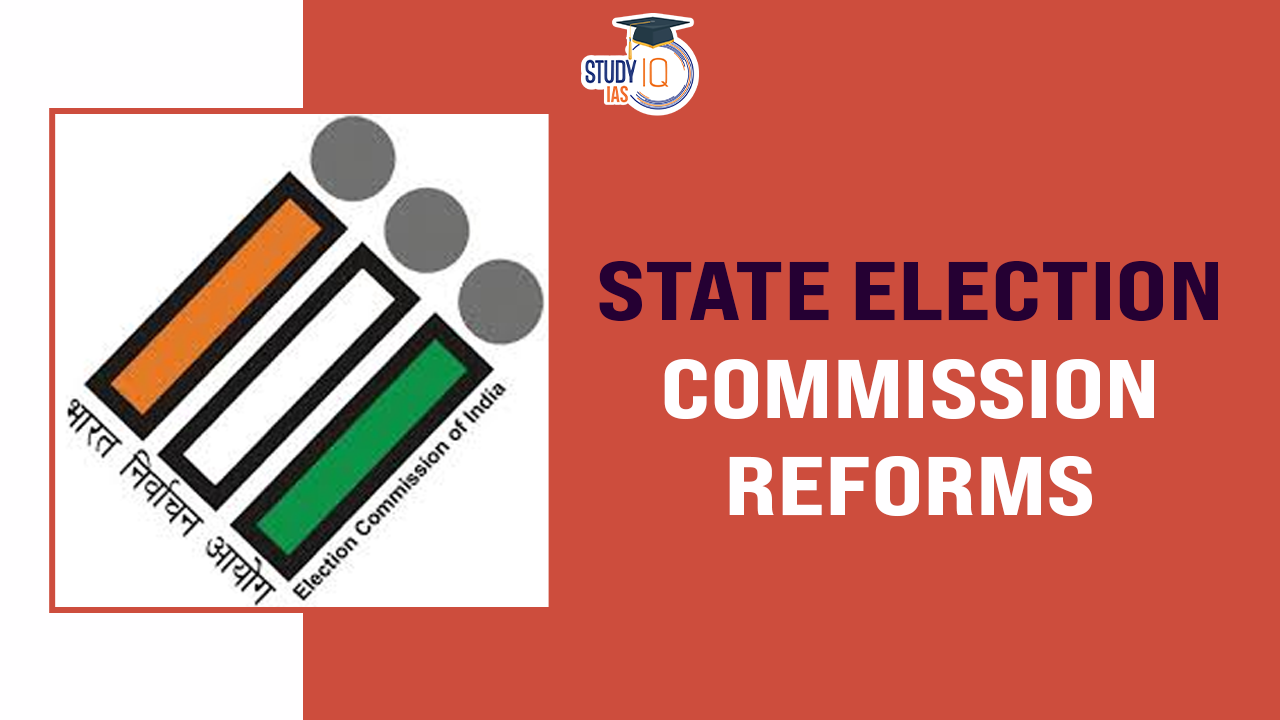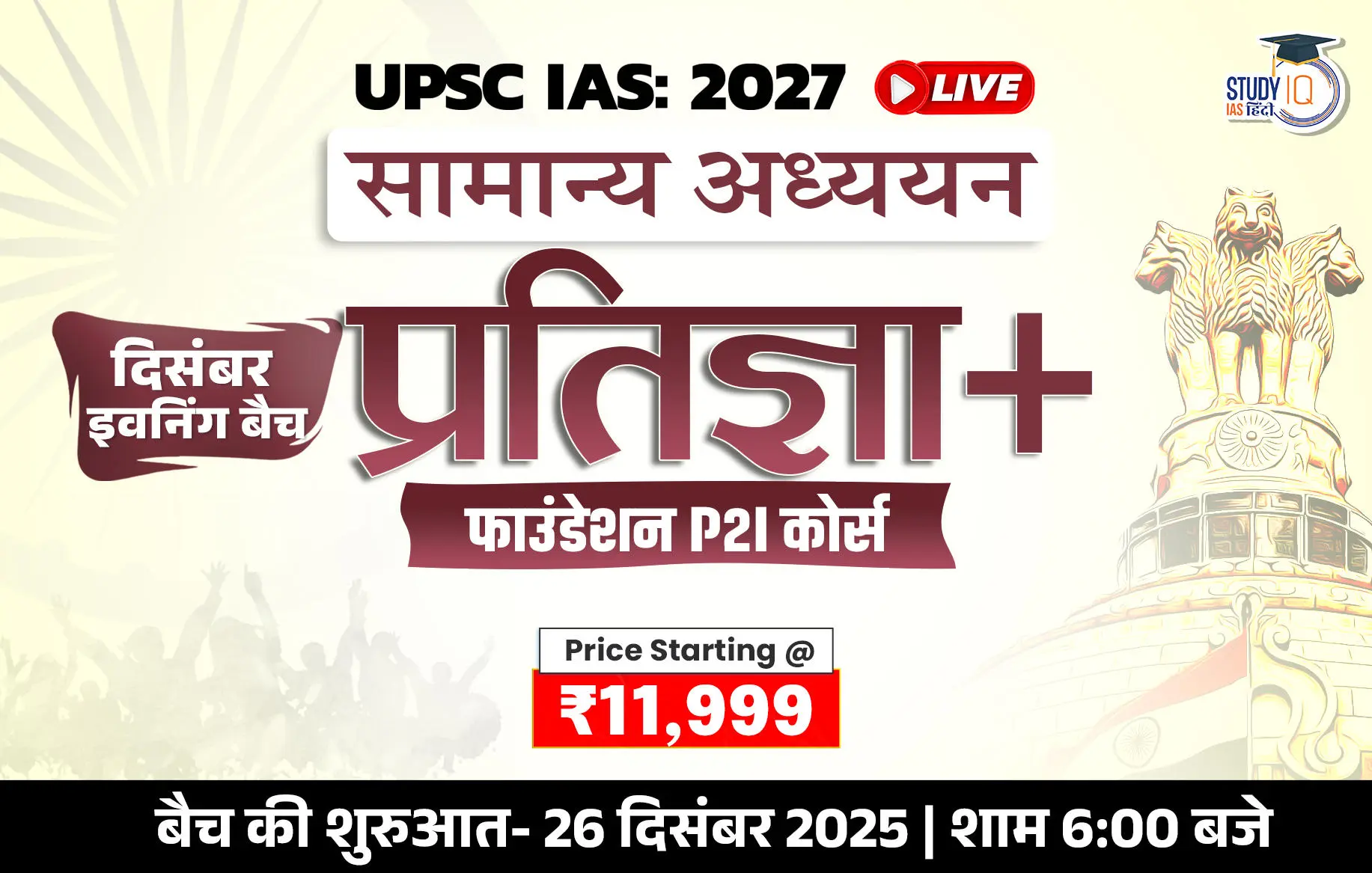Table of Contents
Context: There is a need to strengthen the State Election Commissions (SECs) in India.
Why is there a need of State Election Commission Reforms?
- Lack of Autonomy: SECs often lack the necessary autonomy and independence to function effectively.
- Example: As per the ASICS 2023 survey, only 11 out of 34 States and Union Territories have empowered their SECs for ward delimitation
- Legal Battle with State Governments: SECs are often involved in legal battles with State governments over their jurisdiction and authority, further hindering their ability to conduct elections.
- Example: Karnataka SEC had to file a contempt petition against the state government for not adhering to commitment to the High Court in response to an earlier petition filed by the SEC to allow it to proceed with the delimitation of panchayat raj institutions and conduct elections.
- Similarly, in 2020, the Andhra Pradesh SEC faced legal battles when an ordinance disrupted the election processes, eventually struck down by the Supreme Court.
- Example: Karnataka SEC had to file a contempt petition against the state government for not adhering to commitment to the High Court in response to an earlier petition filed by the SEC to allow it to proceed with the delimitation of panchayat raj institutions and conduct elections.
- Delayed Elections: A significant number of local governments operate without elected councils due to delayed elections, often caused by the SECs’ limited control over the electoral processes that are manipulated or stalled by state governments.
- Example: A performance audit by the Comptroller and Auditor General (CAG) across 18 states found that 70% of urban local governments lacked an elected council at the time of the audit.
- Malpractices and Influence: There are instances where state-appointed presiding officers have engaged in malpractices during elections.
- This undermines the integrity of the electoral process.
- Example: Chandigarh Municipal Corporation Council election in 2024.
What are the Needed Electoral Reforms?
To ensure effective local governance, the following reforms are proposed:
- Transparency and Independence: SECs should have a similar structure to the Election Commission of India, potentially consisting of a three-member body selected by a committee including the Chief Minister, the Leader of Opposition in the Legislative Assembly, and the Chief Justice of the High Court.
- Regular Delimitation: Delimitation of wards and reservations should be mandated at fixed intervals (such as once every ten years) to prevent arbitrary decisions that delay elections.
- Empowerment in Reservation: SECs should be responsible for reservations concerning mayoral and other significant local government positions, ensuring these are also determined at regular ten-year intervals.
- Control Over Election Officers: To mitigate malpractices, SECs should have the authority to oversee the election processes for positions like mayors and council chairpersons, which are currently susceptible to manipulation by state-appointed presiding officers.
| Related Information |
Second Administrative Reforms Commission (2nd ARC) Recommendations:
Law Commission 255th Report on Electoral Reforms:
|
| About State Election Commision (SEC) |
|


 SLAPP Suits: Meaning, Examples, Impact o...
SLAPP Suits: Meaning, Examples, Impact o...
 Finance Commission of India, Articles an...
Finance Commission of India, Articles an...
 High Number of Pending Cases in Supreme ...
High Number of Pending Cases in Supreme ...

























